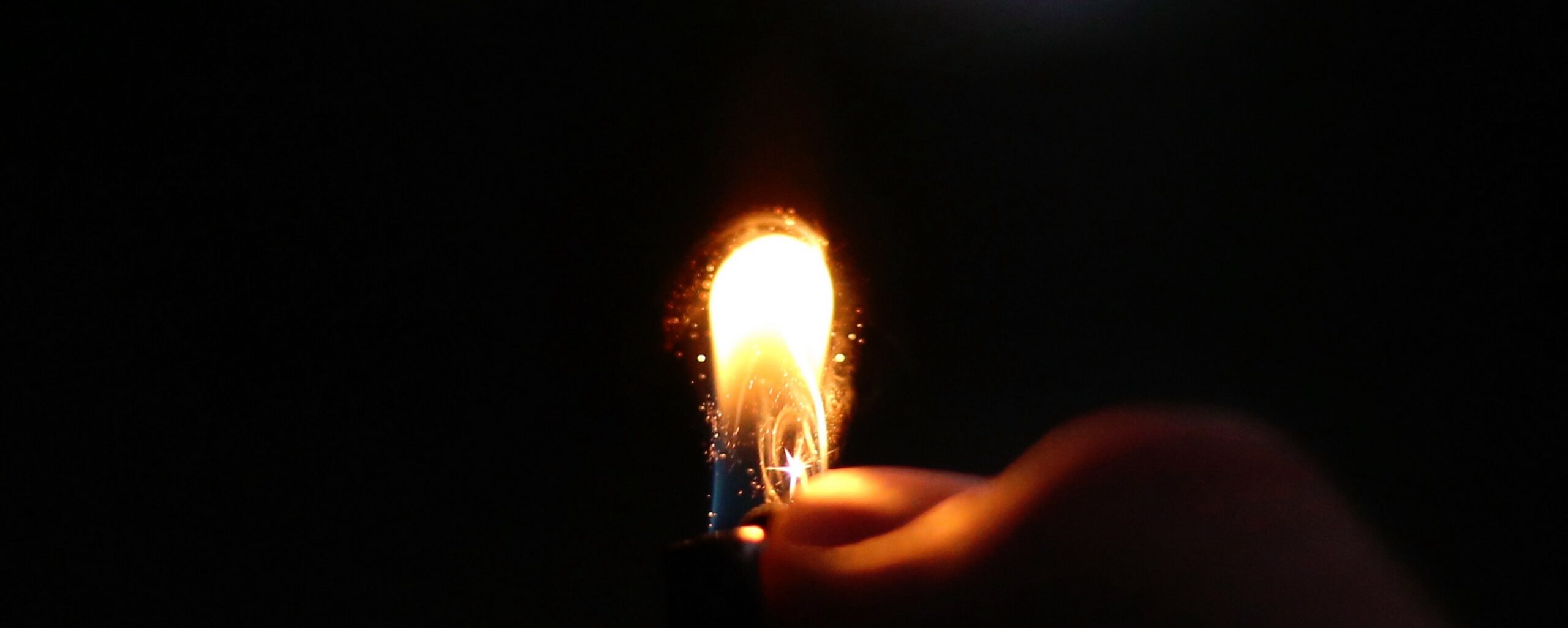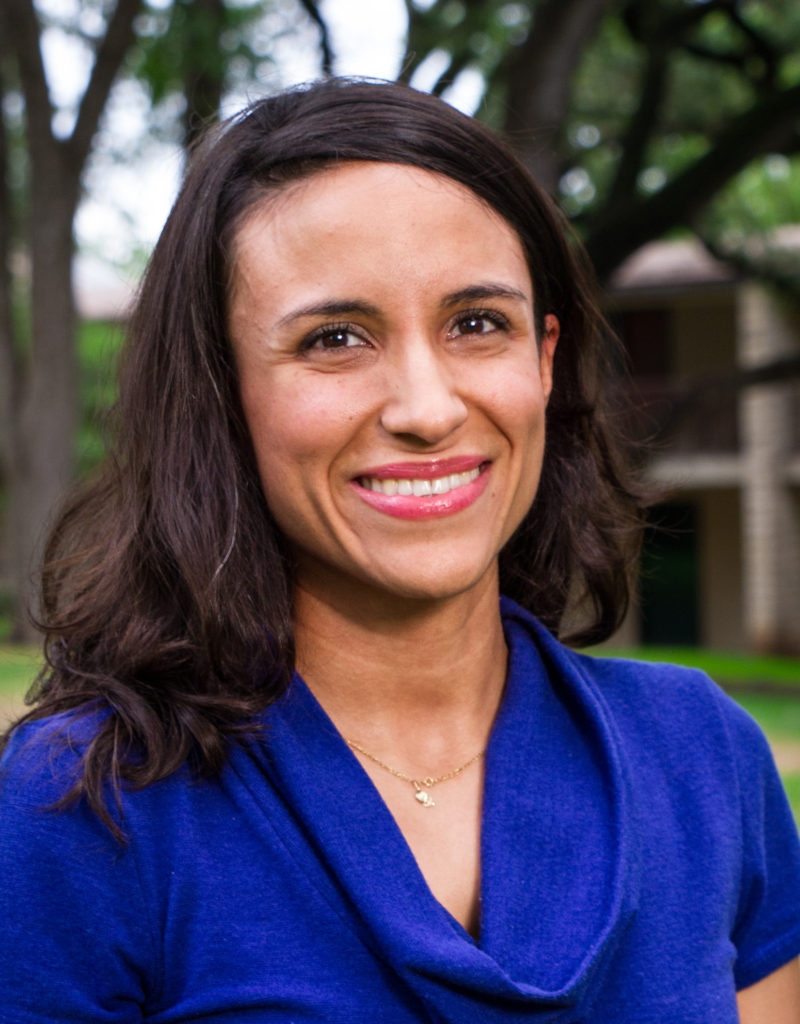Me: I believe people are born neither good nor bad.
Professor: do you?
Me: umm, yeah…maybe? Wait, umm, actually no, I think people are good…..yeah, people are good.
Professor: Hmm, I wonder where you got that from.
Me: Is this one of those therapeutic moments where I’m supposed to think about how I developed this belief and you walk away?
Professor: Is it? (walks away).
I remember this was one of the first conversations I had during my counseling theories class in my master’s program with my professor. I was stunned. Did my theory of counseling depend upon how I viewed human nature? I never thought at the time that healing was based on this assumption. This quick conversation sent me in a spiral because it made me realize that much of how I viewed healing depended on my understanding of pathology, relationships, and overall wellness. Until that moment, I never thought that a relationship could exist between counseling and spirituality. I always had the impression that spirituality/religion needed to exist separate from counseling, yet I always felt that they could cohabitate. This “cohabitation” meant that I couldn’t consider one (counseling) without inquiring about the other (spirituality).
Throughout the course of my counseling career I’ve had the opportunity to practice in a variety of places including non-profit agencies, faith-based institutions, and a psychiatric hospital. In all of these settings there was a common denominator in that many of the clients were searching for answers in their faith or used spirituality as a resource in their healing process. I experienced that counseling for me meant processing from a systemic environmental perspective where I explored the historical, community, family and individual problem. This exploration led me to conclude that healing was in the context of a relationship.
Relational-Cultural Theory and Social Justice
During my search for a theory that would “fit,” my mentors introduced me to Relational-Cultural theory (RCT). Relational-Cultural Theory (RCT) is based on the idea that the primary source of human suffering has to do with chronic disconnection(1). At its core, the model of RCT depicts how humans function in relationships and what creates seclusion and disconnection; the idea being that we heal and grow in relationships and when we are unable to maintain or create relationships, disconnection or even worse, condemned isolation occurs. This theory was revolutionary for me because I had focused much of my energy learning about irrational thoughts and behavior. These theories I had learned about previously were immensely helpful and it felt that RCT was what I needed in order to fully understand human healing from a mental wellness and relational perspective.
Further evolving
I’m grateful that I get to teach in an atmosphere where faculty, staff, and students get to explore counseling and the importance of faith from the view of a variety of denominations.
In my experience, counseling is not just “helping” someone get through their problem, but rather, walking hand in hand and trusting the process that healing will occur.
(1) (Jordan, 2010, p. 1; Miller & Stiver, (1982); Jordan, Walker, & Hartling, (Eds)., 2004, pp. 3 -8; Walker & Rosen (Eds)., 2004, pp.4–6)



